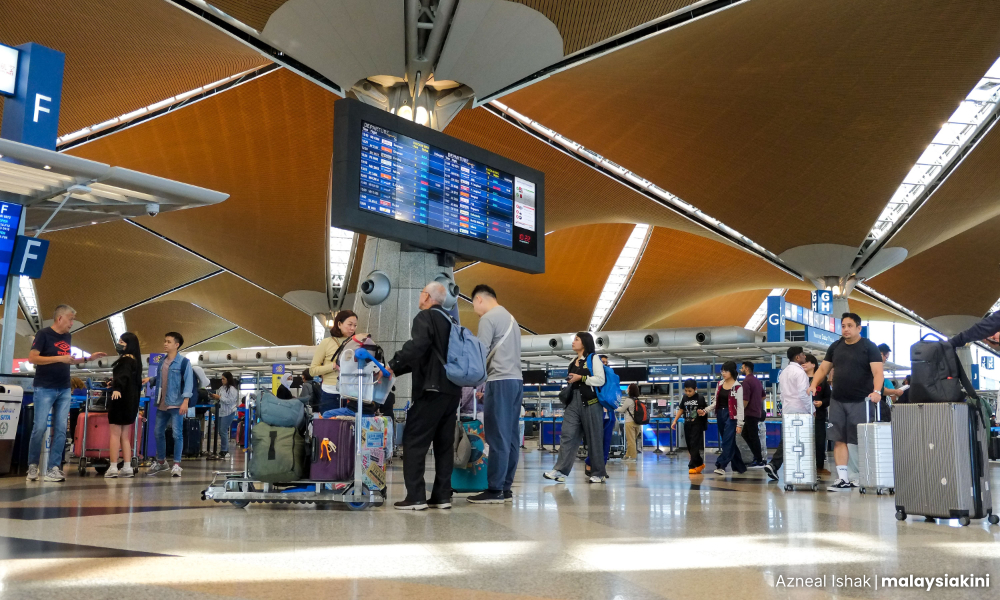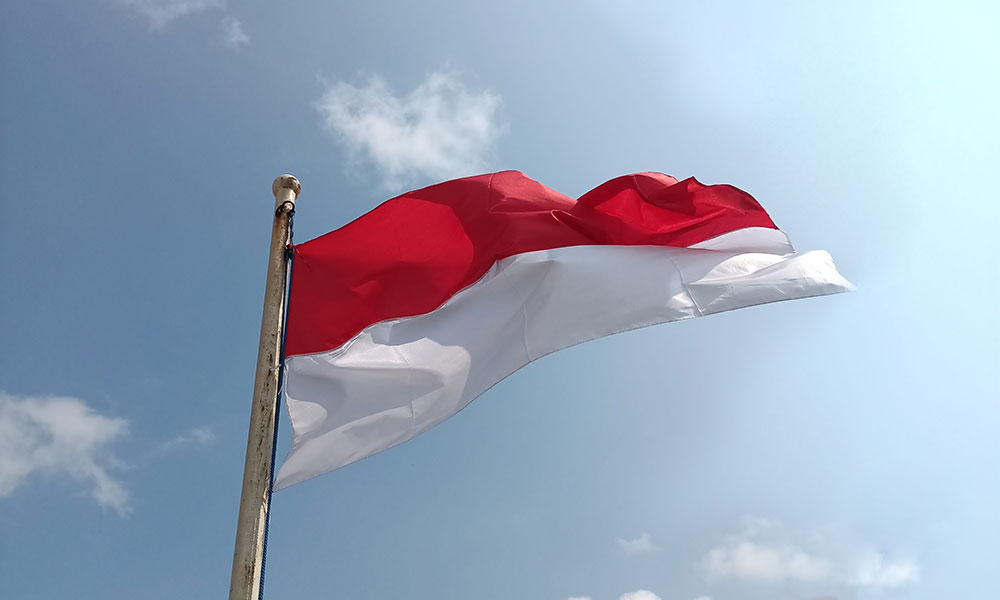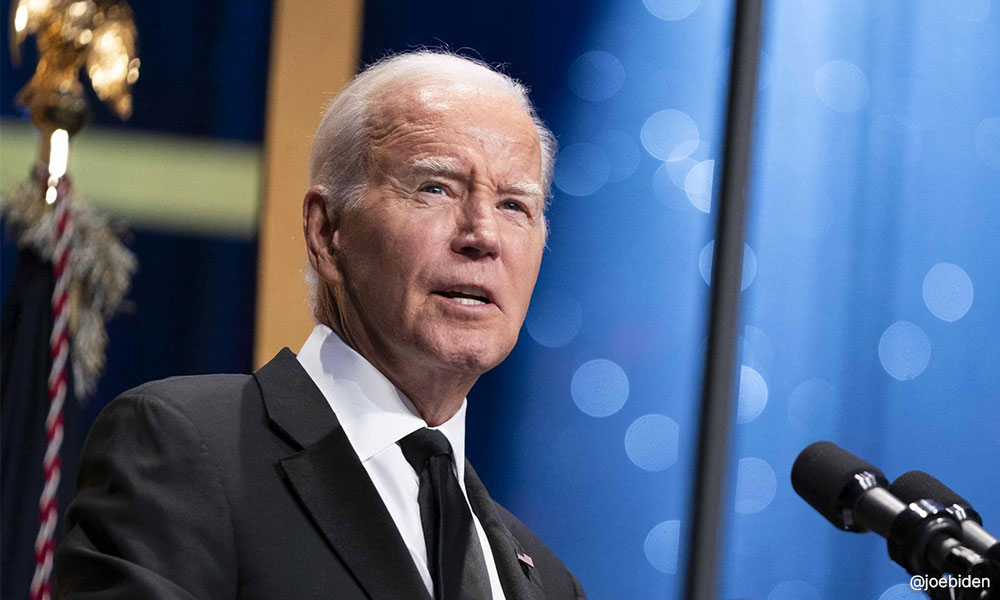I have been studying Islam and democracy for two decades as a professor in the United States. My initial research focused on the Middle East, especially Turkey, where I was born.
Since the publication of my book’s Indonesian edition, “Islam, Otoritarianisme, dan Ketertinggalan”, in 2020, I have become more interested in Islam and democracy in Southeast Asia, particularly Indonesia.
My book is an academic analysis of the political and socioeconomic crises facing many Muslim societies today. It analyses how Muslims had a golden age of science and economy between the eighth and eleventh centuries, and why they have crises today.
Since its publication by Kepustakaan Populer Gramedia, my book has been reviewed by dozens of Indonesian media outlets. I attended several webinars organised in Indonesia to discuss my book. I also taught an online course at Indonesia’s International Islamic University.
The culmination of my relations with Indonesia was my visit to Jakarta, Yogyakarta, and Bali in November 2022. During my talks in these cities, I received a warm welcome and experienced deep hospitality. This encouraged me to visit the neighbouring country, Malaysia.
I scheduled my Malaysia visit in January 2024 to promote the Malay translation of my book titled “Islam, Autoritarianisme dan Kemunduran Bangsa.” When my talks in Malaysia were announced, however, I received hostile attacks on social media.
Some conservatives and Islamists falsely labelled me as part of a “liberal” network against Ahli Sunnah Wal Jamaah. Then my main book launch event was cancelled. When I asked the organisers the reason, they said that the Turkish ambassador to Malaysia defined me as an opponent of their government and asked for my event’s cancellation.
I never saw such reactions in my other book tours in Indonesia, Morocco, Bosnia, Netherlands, or Norway. Conservatives and Islamists provided constructive criticisms in those countries, and some Turkish ambassadors came to my talks to ask questions there.
Safety concern
Despite these reactions, I was able to give four talks at other institutions in Kuala Lumpur and Putrajaya. Yet police officers came to my events. In the last event, the police interrogated my publisher and asked about my hotel address and passport number.
I reported those police officers to Malaysian Prime Minister Anwar Ibrahim’s advisers and a cabinet minister. Both the advisers and the minister assured my safety.

The following day, I went to the Kuala Lumpur airport to fly to Pakistan where I would have a series of book talks. Yet the same police officers came to the gate, interrogated me, and tried to seize my passport. I escaped an arrest attempt by contacting again the prime minister’s advisers.
All of these developments made me concerned about my safety and I cancelled my talks in Lahore and Islamabad and returned home to the US.
Many friends, intellectuals, and readers showed me hospitality in Malaysia. I met important academics, politicians, and journalists. My talks were well-attended and over a dozen articles and interviews were published in Malaysian media to support me. I am grateful for all of this support.
But still, the Islamist reaction, the cancellation of my book launch, and the police harassment left a bitter taste and I do not feel comfortable visiting Malaysia again.
I am not the only Muslim intellectual who faced sharply different experiences in Malaysia and Indonesia. Mustafa Akyol, for example, was arrested by syariah police and his book was temporarily banned in Malaysia a few years ago. But his books have been appreciated in Indonesia. There is a long list of Muslim intellectuals who received a warm welcome in Indonesia.
Sharp difference
What explains this sharp difference between Indonesia and Malaysia? A major difference exists between the Islam-state relations in the two countries.
Indonesia has two major non-governmental Islamic movements - Nahdlatul Ulama (NU) and Muhammadiyyah, each having tens of millions of followers. This has created diversity and decentralisation in Indonesia.

Moreover, NU, who invited me to G20’s Religion Forum (R20) in Bali and Yogyakarta last year, embraces Islamic spirituality and accepts Indonesia’s cultural traditions.
Both NU and Muhammadiyah respect Indonesia’s foundational credo, Pancasila, referring to the belief in God, humanitarianism, national unity, democracy, and social justice. Islamic criminal law only exists in the Aceh region.
Additionally, Indonesia is a big country that does not easily comply with the demands of Turkey or other governments.
In Malaysia, by contrast, Islam-state relations are much more centralised and formalistic. There are no non-governmental Islamic movements comparable to NU or Muhammadiyah. Islamic groups, such as the followers of Naquib al-Attas, are much smaller and close-minded. The ulama are mostly official partners of the state in governance.
Syariah courts and syariah police in Malaysia have imposed an orthodox notion of religion. They even banned the public expression of Syiah Muslims. There is no Pancasila-type open-minded set of principles.
Instead, the Malaysian Constitution combines Malay ethnic identity and Islam: “Malay means a person who professes the religion of Islam, habitually speaks the Malay language, conforms to Malay custom.”
For Malays and converts, leaving Islam officially is not an option - both civil courts and syariah courts reject that.
Several regions tried to impose Islamic criminal law and there are ongoing debates to adopt it by Malaysia’s Parliament. Additionally, Malaysia has a hard time saying “no” to Turkey.
Democracy in Muslim world
These are my brief observations based on my visits and my study of the two countries in the last four years. The experts of these countries may find other differences or disagree with some of my points. But we would all agree that Indonesia and Malaysia are two important countries for the future of democracy in the Muslim world.
Many other Muslim-majority countries are ruled by monarchs, military leaders, or other dictators, and the number of electoral democracies in the Muslim world is limited.
In fact, democracy is facing a global crisis, including in the US, where President Joe Biden’s unconditional support to Israel’s bombing of Gaza has made his re-election more difficult and increased the chances of Donald Trump’s election this November.

Under these difficult circumstances in the Muslim world and globally, Indonesian democracy appears to be crucial. Protecting Indonesian democracy is important to promote equal citizenship and human rights in the Muslim world and worldwide. - Mkini
AHMET T KURU is a professor of political science at San Diego State University.
This article was originally published by Kompas. Read the original article here.
The views expressed here are those of the author/contributor and do not necessarily represent the views of MMKtT.




No comments:
Post a Comment
Note: Only a member of this blog may post a comment.